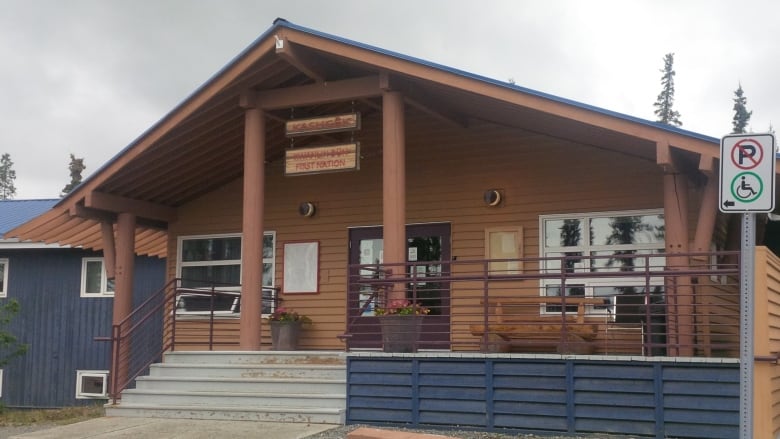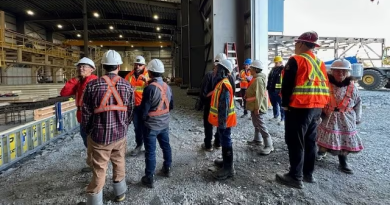Northwestern Canada: Ottawa, Yukon gov’t, First Nations lay groundwork for changes to child care

A turning point in the process of giving Yukon First Nations more control over child welfare services has been reached.
The parties responsible for overseeing the handover from Ottawa have agreed on terms of reference — a starting point of formal negotiations aimed at driving down the number of Indigenous children in foster care, according to a representative from the Kwanlin Dun First Nation.
Last fall, the federal government introduced Bill C-92. The legislation was intended to devolve responsibility for Indigenous children in care from Ottawa to First Nations.
The framework for talks that’s now been agreed to involves the federal and territorial governments and the Council of Yukon First Nations. The Carcross/Tagish and Kwanlin Dun First Nations also have seats at the table.
“Basically, the vision is to ensure First Nation children and their families have equitable opportunities to grow up at home to be healthy, achieve their dreams, celebrate their language and culture, and be proud of who they are,” said Gary Rusnak, Kwanlin Dun’s director of justice.
The process springs from a 2016 Human Rights Tribunal ruling that found Ottawa discriminated against First Nations children by underfunding welfare services on First Nations land.
The current system — which seizes children from their families and communities and places them with foster parents — has been criticized.
Some believe it replicates mistakes made by the Indian residential school system and through the Sixties Scoop, alienating kids from their traditional language, culture and support networks.
Negotiating funding
While a framework for talks has now been settled, the issue of funding has not.
Rusnack calls that issue critical.
“It’s always a touchy subject, is money — will there always be enough resources to insure the well-being of First Nations children?” Rusnak said.
The federal government has said funding will be part of negotiations. It hopes to get the legislation passed by fall.
Related stories from around the North:
Canada: Child advocates worry about funding for Canada’s ‘path-breaking’ Indigenous child welfare bill, CBC News
Norway: Inuit, Sami leading the way in Indigenous self-determination, study says, CBC News
Sweden: Calls for more Indigenous protection in Sweden on Sami national day, Radio Sweden
United States: Alaska and its tribes sign child services agreement, Alaska Public Media



